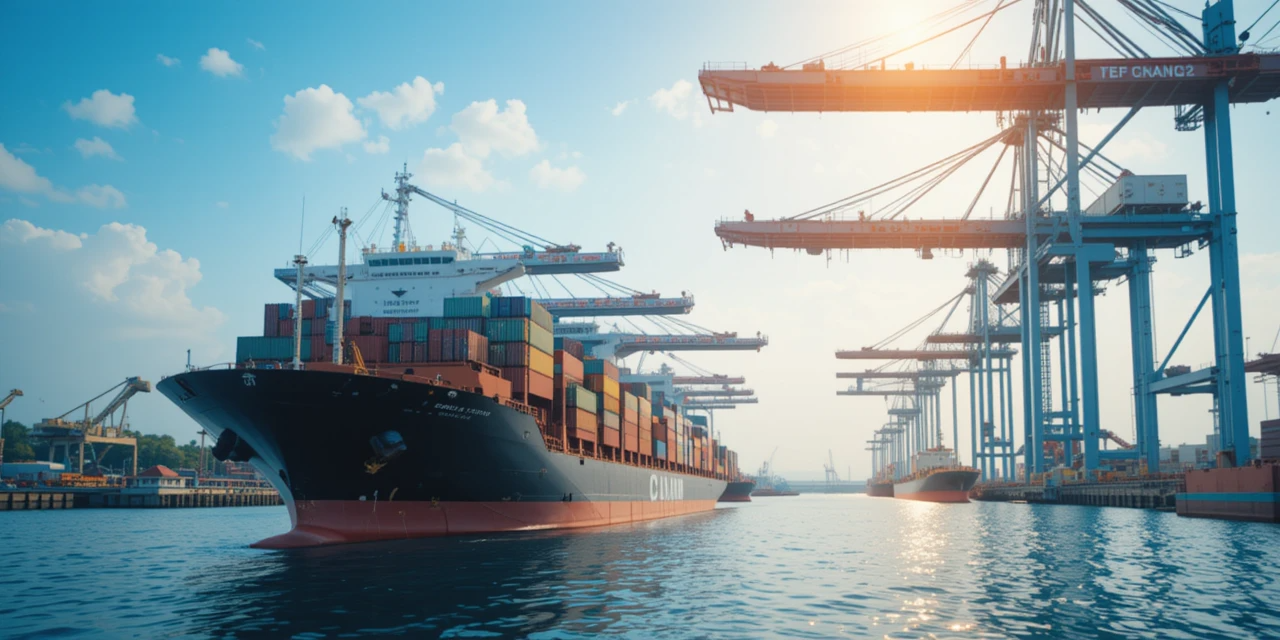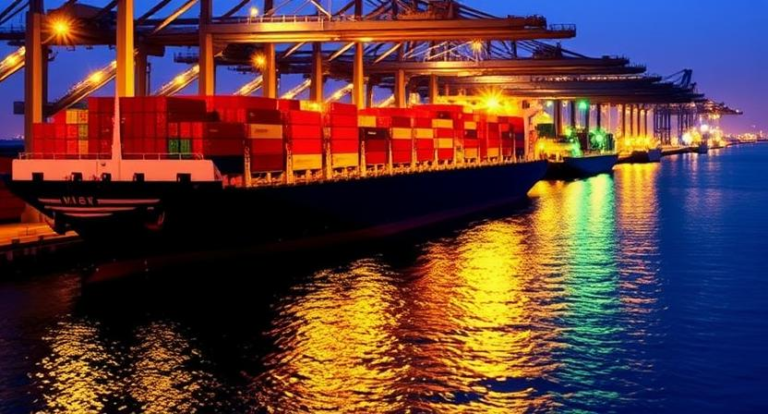The Bill of Lading (B/L) is a critical document in international trade, serving as a receipt, a contract, and a document of title. For Vietnam’s importers and exporters, understanding its significance and proper usage is key to smooth trade operations and avoiding disputes.
What is a Bill of Lading?
A Bill of Lading is a legal document issued by a carrier to a shipper, detailing the type, quantity, and destination of the goods being transported. It serves three main functions:- Receipt of Goods – Confirms that the carrier has received the goods in the agreed condition.
- Contract of Carriage – Establishes terms between the shipper and carrier for transporting goods.
- Title of Goods – Acts as proof of ownership, allowing the holder to claim the goods upon arrival.
Types of Bills of Lading
Vietnamese traders use different types of B/L depending on their shipping needs:- Straight Bill of Lading – Non-negotiable, used when goods are delivered directly to a consignee.
- Order Bill of Lading – Negotiable, allowing transfer of ownership through endorsements.
- Clean Bill of Lading – Indicates that the goods were received in good condition.
- Claused (or Dirty) Bill of Lading – Notes damages or discrepancies in the shipment.
- Through Bill of Lading – Covers multiple transportation modes under a single contract.
- Master and House Bill of Lading – Used in freight forwarding; the master B/L is issued by the carrier, while the house B/L is issued by the freight forwarder.
Key Considerations for Vietnam’s Importers & Exporters
- Accuracy in Documentation Ensure that details like consignee name, description of goods, weight, and shipping instructions are correct to avoid customs clearance issues.
- Understanding Incoterms Incoterms (e.g., FOB, CIF, EXW) affect the responsibilities of buyers and sellers in relation to shipping, insurance, and risk.
- Endorsements and Negotiability Properly endorse negotiable Bills of Lading when transferring ownership or presenting them to banks for payment under Letters of Credit.
- Electronic Bills of Lading (e-B/Ls) With Vietnam’s increasing digitization, e-B/Ls are gaining acceptance, reducing paperwork and enhancing efficiency.
- Regulatory Compliance Vietnamese customs regulations require proper B/L submission to ensure smooth import/export procedures and avoid penalties.

